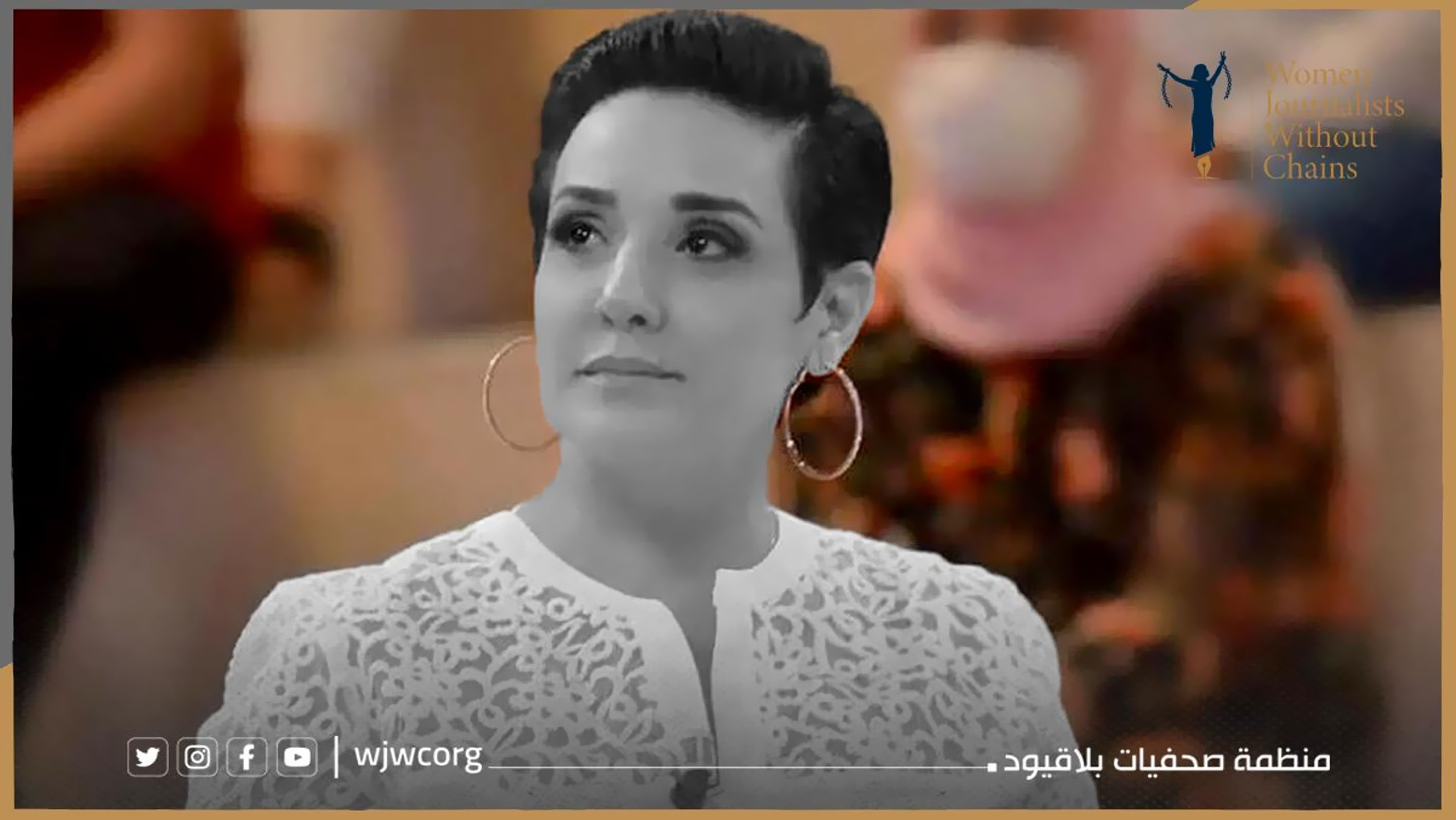Wjwc News

Sonia Dahmani Sentenced Amid Tunisian Press Crackdown
On Thursday, October 24, a Tunisian court sentenced journalist and lawyer Sonia Dahmani to two years in prison marking a significant escalation in President Kais Saied's ongoing crackdown on journalists and dissidents following his recent electoral victory.
Dahmani's legal troubles began on May 11, 2024, when masked men in civilian clothing stormed the headquarters of the Bar Association in Tunis, arresting her along with fellow journalists Mourad Zeghidi and Burhan Bessis. Earlier in September, Dahmani received an eight-month sentence for asserting that “Tunisia is not a good place to live.” Her lawyer, Chawki Tayeb, revealed that Dahmani is currently facing prosecution in five separate cases linked to her critical media statements regarding the government.
In response to Dahmani's sentencing, Women Journalists Without Chains has called for her immediate and unconditional release, alongside that of other detained journalists. They condemned the judicial system’s use as a political tool to stifle dissent, describing the situation for journalists and activists in Tunisia as a “dangerous deviation.” The organization emphasized that the Tunisian judiciary is increasingly being manipulated by the executive branch to undermine press freedom.
President Kais Saied secured a record 90% of the votes in his recent reelection, a victory that has been met with skepticism from the opposition, which has labeled the elections a “farce” due to the elimination of prominent candidates. Dahmani's prosecution falls under the controversial “Decree 54,” enacted by Saied in 2022, which imposes severe penalties for producing or disseminating false information that undermines public security or national defense. This decree allows for sentences of up to five years in prison and fines reaching fifty thousand dinars (approximately $16,000).
Dahmani faces accusations of insulting the nation through her criticisms of President Saied and her remarks on the treatment of African migrants in Tunisia. Observers have noted that this situation reflects a troubling trend reminiscent of the dictatorial regime of former President Ben Ali, threatening the democratic gains achieved since the 2010 revolution.
Concerns about the ongoing persecution of journalists have been voiced by both the United Nations and the European Union. While elections can indicate democratic processes, true democracy is fundamentally measured by press freedom. The repeal of Decree 54, along with addressing its damaging impacts, is essential for protecting Tunisia's democratic integrity and maintaining its status as a beacon of democratic practice in the Middle East and North Africa.
“Dictatorships often invoke grand ideals of patriotism and respect for authority to obstruct investigations and curtail freedom of expression,” remarked Tawakkol Karman, head of Women Journalists Without Chains and Nobel Peace Prize winner in 2011. “It is regrettable that Tunisia is heading in this twisted direction, filled with measures to suppress its citizens and limit their freedoms.” She further stated, “Kais Saied persistently defies expectations, determined to lead Tunisia into dictatorship.”
Currently, several journalists remain imprisoned for exercising their right to freedom of opinion and expression. Among them are Shadha Haj Mbarek, Mohammed Boughlaf, Ghassan Ben Khalifa, Mourad Zaghdidi, and Burhan Bessis.
In light of these developments, Women Journalists Without Chains has issued a call to President Kais Saied to:
Immediately and unconditionally release all journalists and detainees.
Halt trials and legal actions against independent journalists and media outlets.
Ensure the protection of journalists as they perform their duties and exercise their right to freedom of opinion and expression.
Repeal repressive laws, particularly Decree 54, and restore Law No. 115 of 2011 concerning journalism, printing, and publishing.
Released by:
Women Journalists Without Chains
October 25, 2024
